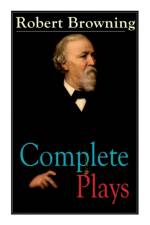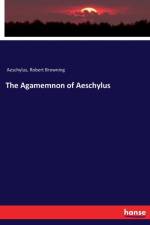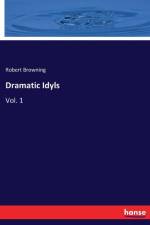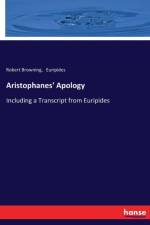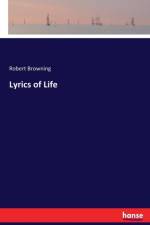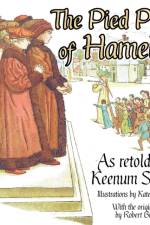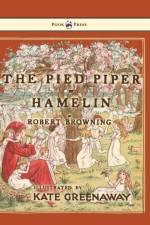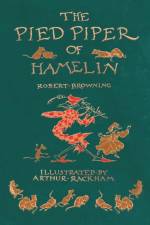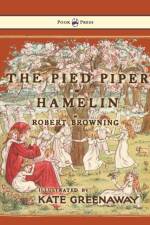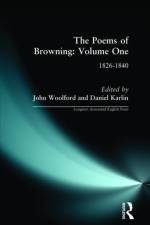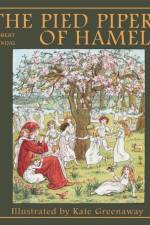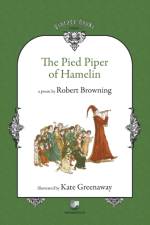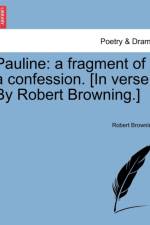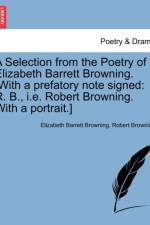av Robert Browning
627
This historic book may have numerous typos and missing text. Purchasers can download a free scanned copy of the original book (without typos) from the publisher. Not indexed. Not illustrated.1872 Excerpt: ... Oh, trip and skip, Elvire! Link arm in arm with me; Like husband and like wife, together let us see The tumbling-troop arrayed, the strollers on their stage Drawn up and under arms, and ready to engage. ii. Now, who supposed the night would play us such a prank?--That what was raw and brown, rough pole and shaven plank, Mere bit of hoarding, half by trestle propped, half tub, Would flaunt it forth as brisk as butterfly from grub? This comes of sun and air, of autumn afternoon, And Pornic and Saint Gille, whose feast affords the boon, --' This scaffold turned parterre, this flower-bed in full blow, Bateleurs, baladines! We shall not miss the show! They pace and promenade; they presently will dance; What good were else i' the drum and fife? O pleasant land of France! in. Who saw them make their entry? At wink of eve, be sure, They love to steal a march, nor lightly risk the lure. They keep their treasure hid, nor stale (improvident) Before the time is ripe, each wonder of their tent, --Yon six-legged sheep, to wit, and he who beats a gong, Lifts cap, and waves salute, exhilarates the throng, --Their ape of many years and much adventure, grim And gray with pitying fools who find a joke in him. Or, best, the human beauty, Mimi, Toinette, Fifine, Tricot fines down if fat, padding plumps up if lean, Ere, shedding petticoat, modesty, and such toys, They bounce forth, squalid girls transformed to gamesome boys. iv. No, no, thrice, Pornic, no! Perpend the authentic tale! 'Twas not for every Gawain to gaze upon the Grail! But whoso went his rounds when flew bat, flitted midge, Might hear across the dusk---where both roads join the bridge, Hard by the little port--creak a slow caravan, A chimneyed house on wheels; so shyly-sheathed, began To broaden out the bud, which, ...

